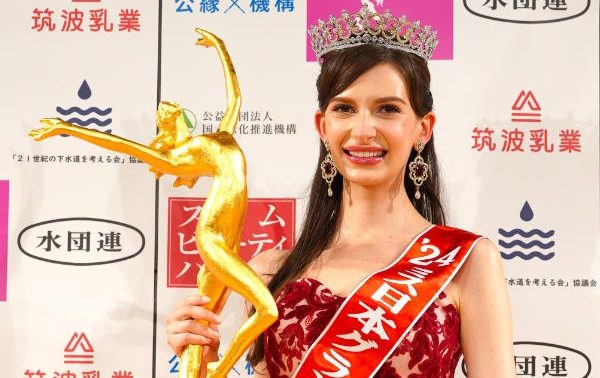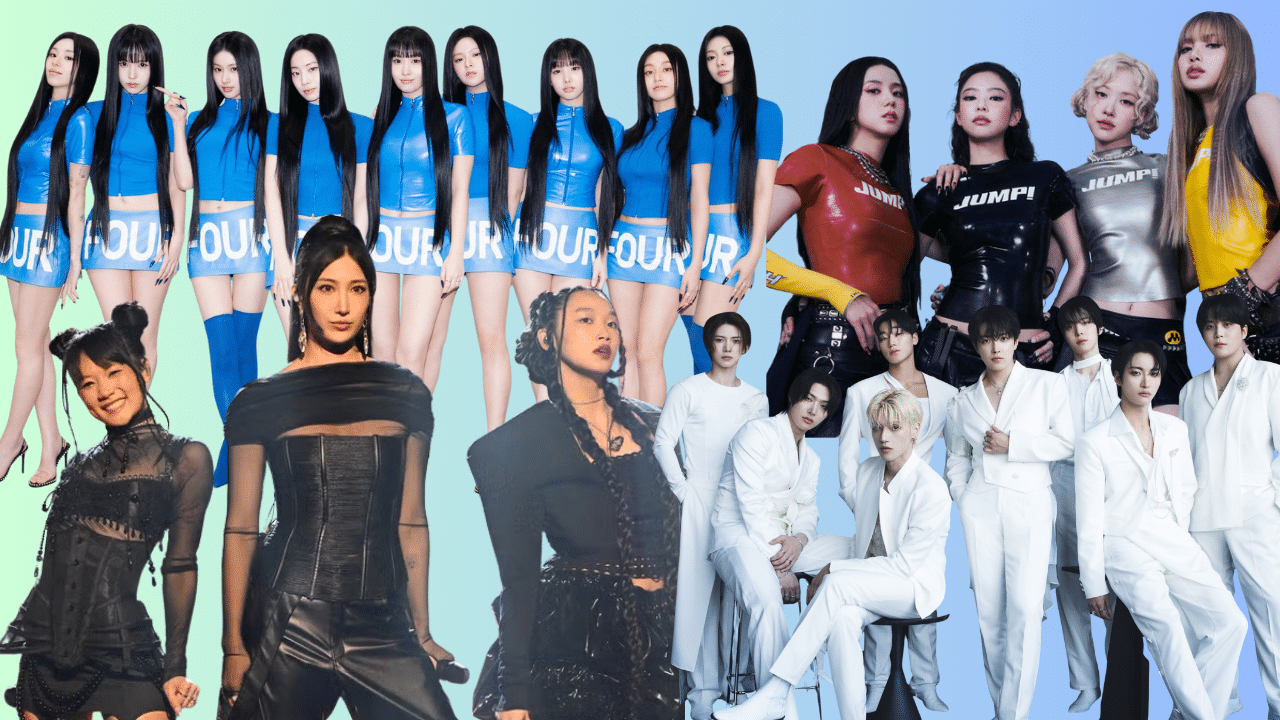Carolina Shiino, a 26-year-old model born in Ukraine, has been crowned Miss Japan, stirring a significant debate about identity in Japan. Shiino, who moved to Japan at the age of five after her Ukrainian mother remarried a Japanese man, became the first naturalised Japanese citizen to win the prestigious pageant, held in Tokyo.
In her emotional acceptance speech, Shiino expressed her challenges and gratitude: “I’ve had to face barriers that often prevent me from being accepted as Japanese, so I am filled with gratitude to be recognised at this competition as a Japanese person.” She emphasized her Japanese identity, stating she is Japanese in both “speech and mind,” and expressed a desire to create a society where “people are not judged by their appearance.”
However, her victory has ignited a heated debate on social media and among the public, questioning the essence of Japanese identity. One user on X, formerly known as Twitter, questioned the selection, saying, “This person who was chosen as Miss Japan is not even a mix with Japanese but 100% pure Ukrainian. Understand she is beautiful, but this is ‘Miss Japan’. Where is the Japaneseness?”
Carolina Shiino, a naturalized Japanese citizen who was born in Ukraine and has lived in Japan since she was 5 years old, won the 56th annual Miss Japan pageant yesterday. pic.twitter.com/a6UIAEsOvc
— Jeffrey J. Hall 🇯🇵🇺🇸 (@mrjeffu) January 23, 2024
Others speculated that her win might have political undertones. “If she were born Russian, she wouldn’t have won. Not a chance. Obviously, the criteria is now a political decision. What a sad day for Japan,” one comment alleged. Concerns were raised that her European appearance might send the “wrong message” about what it means to be Japanese.
In response to the controversy, Ai Wada, the organiser of the Miss Japan Grand Prix pageant, reflected on the significance of Shiino’s win: “Following today’s result, there is one thing I am convinced of… Japanese beauty exists not in the appearance, not in the blood, but it exists firmly in our heart.”
This debate is not new to the Miss Japan pageant. In 2015, Ariana Miyamoto, a bi-racial woman with a Japanese mother and African American father, faced similar scrutiny when she was crowned Miss Japan. Her victory also prompted discussions about race, identity, and eligibility in the competition.
Shiino’s victory and the ensuing debate highlight ongoing conversations in Japan about race, identity, and what it means to be Japanese in a changing world.










